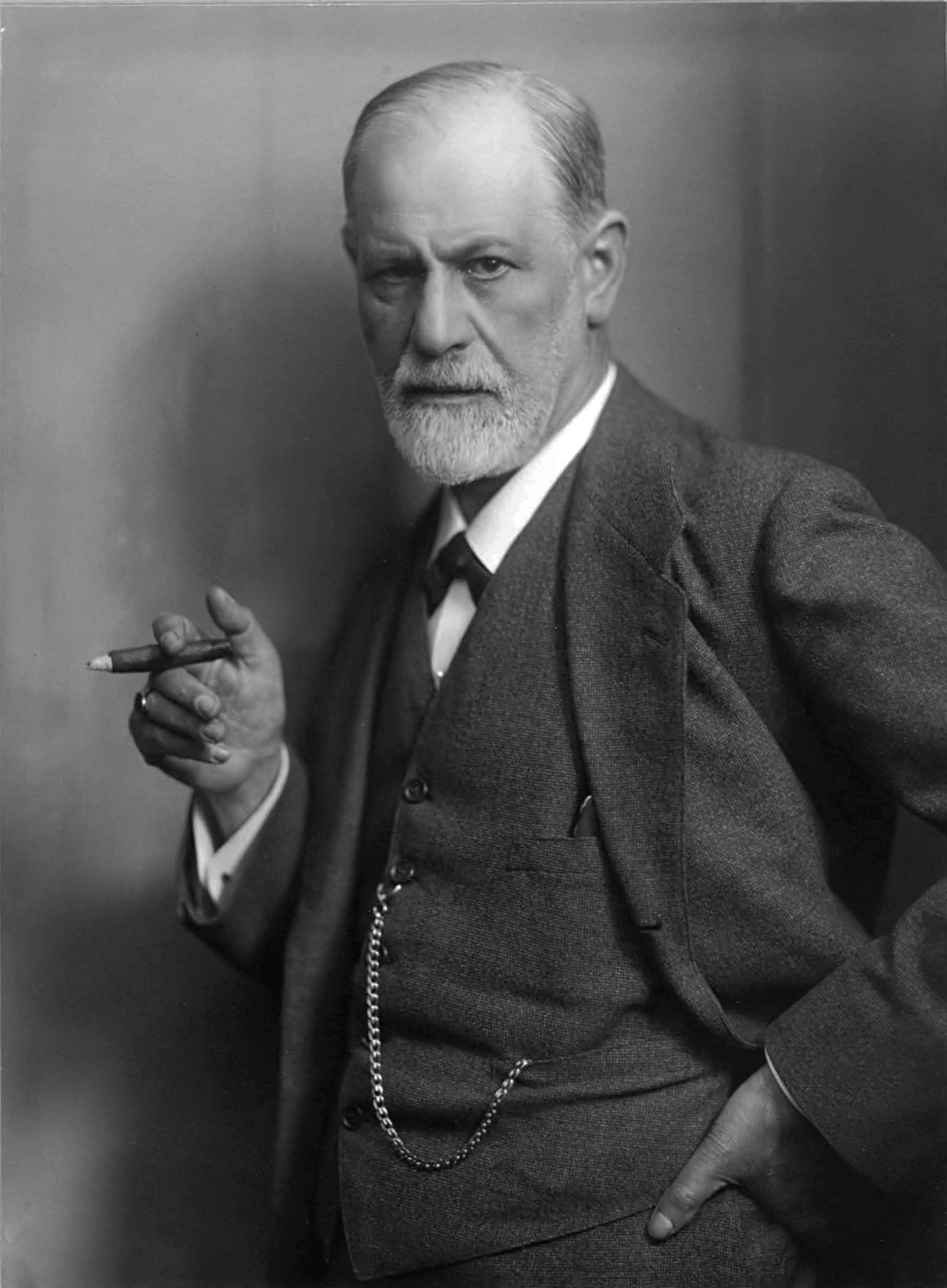Abnormal psychology, also called psychopathology, is the scientific study of psychological or mental disorders. These disorders affect the way people think, speak, feel, and behave. The term abnormal can refer to something that is strange or rare. However, standards of behavior differ among societies and change as social conditions and customs change. This article uses the term abnormal to refer to a pattern of thoughts, feelings, and behavior that is thought to be a result of a biological or psychological cause and that leads to significant distress, disability, or danger to oneself or others. Psychologists do not consider behavior that is simply different to be a mental disorder.
Studies in abnormal psychology
are conducted by professionals in clinical psychology, psychiatry, and social work. Investigators collect data on peoples’ thoughts, feelings, and actions through observation, interviews, questionnaires, and psychological tests. Some studies, called idiographic studies, focus on only one person. Other studies, called nomothetic studies, involve a group or groups of people.
Researchers often examine environmental or biological differences between people with a mental disorder and a control group of similar people without the disorder. Environmental factors that may affect behavior include past experiences, family interactions, or how various behaviors are rewarded or punished. Biological factors may include variations in brain chemicals called neurotransmitters, hormones, or nutrition. Research in abnormal psychology helps mental health professionals understand how mental problems may develop and how they may be treated.
Theories of abnormal psychology
guide how scientists think about, study, and treat psychological problems. These theories describe the characteristics of mental disorders, suggest possible causes, and propose methods of treating them. The major theories guiding abnormal psychology today are the (1) biological, (2) cognitive behavioral, and (3) psychodynamic.
Biological theories
focus on the role that bodily structures and functions play in producing behavior, thoughts, and feelings. Biological theorists also investigate the role that heredity and genes play in the development of mental disorders. Studies may look at how medical conditions, such as disease or injury, or drugs and other substances affect the way people think, feel, and behave. Treatments developed from biological theories typically involve using medication, and sometimes surgery, to relieve distressing or disabling symptoms.
Cognitive-behavioral theories
focus on environmental influences on behavior. Known principles of learning, such as modeling (imitation), operant conditioning (learning through rewards and punishments), and classical conditioning (learning by association) came historically from what are now called cognitive-behavioral theories. Cognitive-behavioral studies may look at how rewards or punishments in the past or present influence how people act, think, or feel. Cognitive-behavioral treatments try to help troubled people change the way they think and act in situations. They may encourage an individual to try new ways of thinking or behaving that help them, for example, overcome a fear or experience more pleasure and less sadness.
Psychodynamic theories
focus on how human behavior and relationships are shaped by conscious and unconscious influences. They highlight the role of unresolved conflicts in early life and how they may be influencing the way people behave, feel, and think. These theories developed from the work of Sigmund Freud, an Austrian physician. Freud theorized that intrapsychic conflicts (conflicts within the individual) between basic biological urges and societal standards lead to abnormal behavior. Psychodynamic therapies focus on resolving the patient’s conflicted feelings from the past that may be influencing current problems.
History.
Since ancient times, people have tried to understand and treat mental disorders. Many societies believed that demons caused abnormal behavior. People who suffered from mental problems were often feared and seen as dangerous. Many disturbed individuals were imprisoned in miserable conditions, sometimes in chains, in institutions called insane asylums.
During the late 1700’s, the idea that abnormal behavior was caused by demons or other mystical factors began to be replaced by more personal explanations. People started treating the mentally ill more humanely. In the 1800’s, began exploring the idea that biological factors may cause mental problems. In 1883, the German psychiatrist Emil Kraepelin completed his Kompendium der psychiatrie (A Textbook of Psychiatry), which classified various mental illnesses according to their specific types of abnormal behaviors.
In the late 1800’s and early 1900’s, Freud developed theories on the effects of unconscious conflicts on behavior. Behaviorism, a major school of thought in psychology, developed in the early 1900’s. Behaviorists emphasized the use of the scientific method as a way to understand the role that learning and the environment play in the development of behavior. The emergence of cognitive psychology in the late 1900’s led to studies aimed at understanding how a person’s unique view of the environment determines his or her emotional and behavioral response to it. Today, psychologists focus on how biological, psychological, and social factors may interact to shape the development of normal and abnormal thoughts, feelings, and behavior.

See also Mental illness and its list of “Related Articles.”
